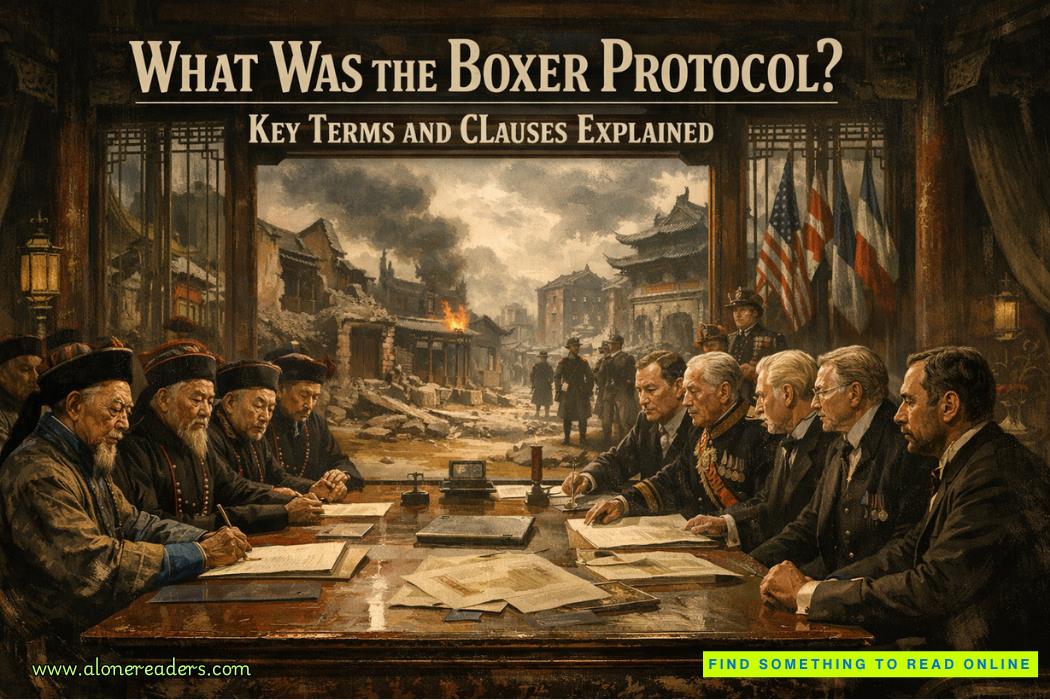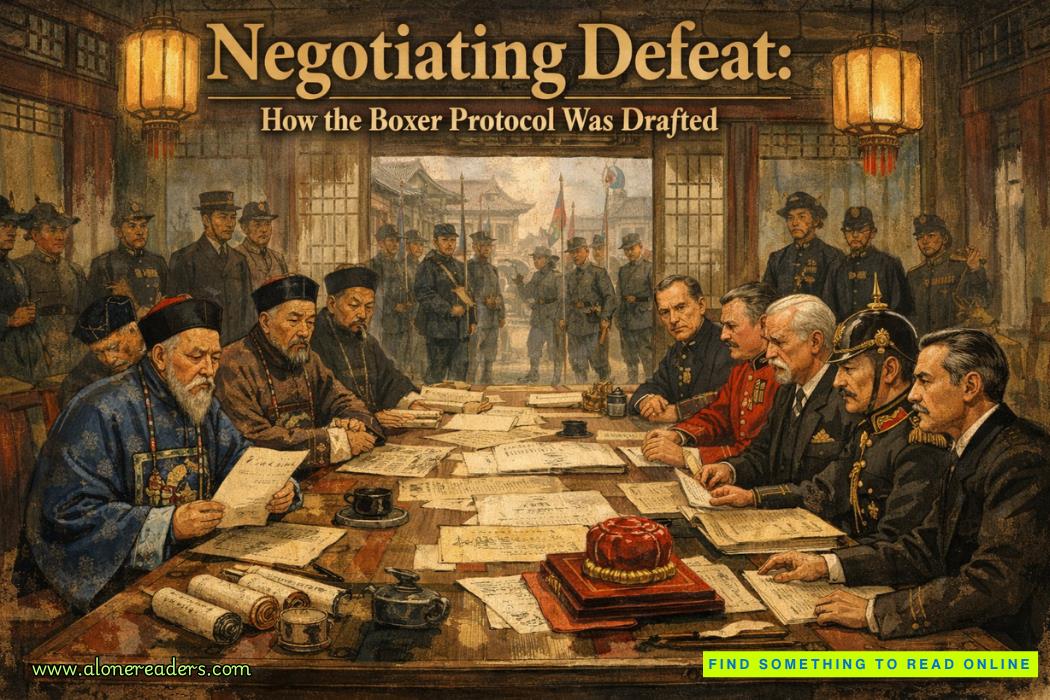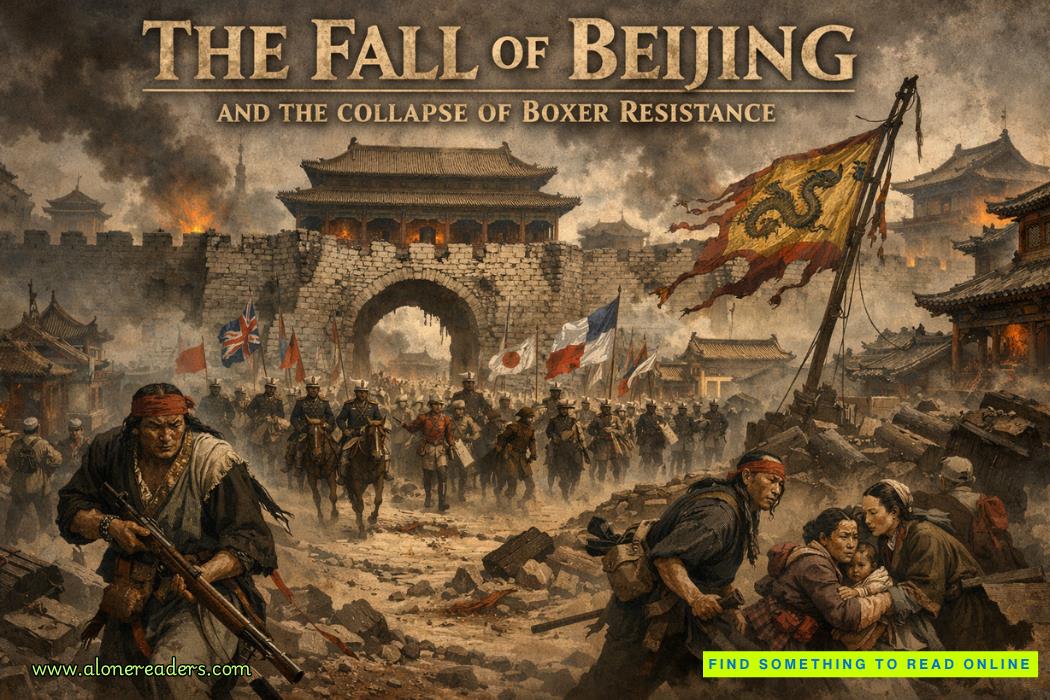She nodded. “I can do that.”
He turned the handle on the door and it opened into what had once been a kitchen. He could tell because there was still about two feet of refrigerator visible over the top of masses of garbage bags and boxes and totes. Asil coughed at the cacophony of mephitises and took an involuntary step back.
“The kitchen is the worst of it for smells,” said Tami in a grim tone. “At least they don’t have pets. I’ve been in places full of kittens and half-starved dogs that look like this and smell worse.”
“There are rats,” observed Asil, because the scent of rat urine was a part of what he smelled. “But I suppose that you might not consider them pets.”
He could smell other things, too. Rotten food of various types. Old sweat and feces, rat and otherwise. Oddly, given the general filth, he caught the pungent odor of bleach, as ifsomeone had recently dumped a gallon somewhere on the other side of the building. That one made him stiffen, but there was no corresponding ammonia. No one was trying to kill anyone via chemistry.
“No pet rats for me,” she said, looking as eager as he felt about stepping into the cave of aggregated stuff.
He didn’t pick up the odor that had caused him to bring his case with him. Perhaps he’d been mistaken, or maybe it was hiding beneath the filth. Or the bleach. He shifted the strap so that the case was less likely to catch on detritus.
“Rats are clever beasts. As smart as dogs, if not so long-lived.” Asil stepped on a strong-looking box and climbed into the room.
“I don’t want to talk about rats while we are crawling among them. Please?” she said. “And the way to the kids’ room is down the hallway to the right of the fridge.”
He noticed that there seemed to be a trail of compacted rubbish that led in the direction she had indicated. They crunched and climbed past two doors nearly covered to the top of the doorframe and then slid downhill to a small area that had been cleared of stuff all the way down to a hardwood floor. An area that looked as though it had been bigger until very recently.
The boy had told Tami there had been an avalanche, and that’s what it looked like, too. A full-sized metal desk of the sort ubiquitously found in government offices after World War II was the main bulk of it, but there were bags and boxes—cardboard and clear plastic—scattered around. The fall had left a divot in the mass just beyond the cleaned space.
Asil’s eyes narrowed grimly. He might not be able to pick out the scent of the creature, but there was anintentto the wayin which the desk had fallen that made him certain he’d been right about the existence of forces at work that were darker than gravity and neglect.
The boy had said that he thought he smelled smoke, but by the time he called Tami—in a panic—the smell was gone. Magic, dark magic, could have an acrid scent if you were one of the humans sensitive to it, a scent easily mistaken for smoke.
There was an enemy here, and Asil’s first task was to remove the innocents from danger. That was not going to be as easy as he’d assumed it would be.
As with digging a tunnel or shoveling snow, the hardest part was figuring out where to put the material you were removing. He couldn’t just put the desk where it had come from. That pile was now unstable—and there was no room to set it where they stood and still open the door.
He was not as interested in preserving the structure of the house as he had been before he understood what they faced. So he picked up the desk and slammed it into the exposed wall on the opposite side of the children’s room.
It broke through the lath and plaster and into the room beyond. That room, now visible through the hole he had made, was not nearly as packed as the hall. Probably because the door to it had been buried before it could be filled to the top.
After one almost-incoherent protest, Tami simply started grabbing bags and boxes and sending them through the hole after the desk. It took them nearly fifteen minutes to clear a stable space because the mound where the desk had fallen from kept spilling more bags and boxes at them.
Eventually, Tami was able to open the door.
The room was tiny for the three bodies it held. Two smallchildren and a boy just entering manhood. Asil presumed this was Joshua. The boy had a pierced lip and tattoos inked by unskilled hands—and he looked with horror at the wall with the hole in it where Asil had put the debris from the hall.
“Mama is going to blow a cog,” said the older of the girls.
The fear in her voice made Asil’s darker half rise.
You’ll get a battle today, old wolf, Asil assured the bloodthirsty creature.But for now we must get these children clear of the danger.
Content for the moment, the wolf retreated.
“Out first,” said Tami. “All of you. Worry about the wall later.”
“It is a good thing,” said Asil softly, “that the desk fell when Joshua was here with his cell phone to call for help.”
Joshua, who had grabbed a bag and was shoving clothes for the girls into it, paused. He looked again at the hole in the wall.
“It’s time for the girls to get away from this permanently,” he said. “Can they come home with me? The Millers won’t mind if they stay for a while.”
Tami nodded. “That’s the best place, at least for now. We’ll talk to your mother tomorrow—if we don’t see her tonight. We can look for a more permanent solution later.”
Asil wasn’t sure that was strictly legal—he was under the impression that Tami should have had to navigate through more red tape first—but he had to admit that it was a good solution to the majority of his first problem: getting the innocents out of the way.















